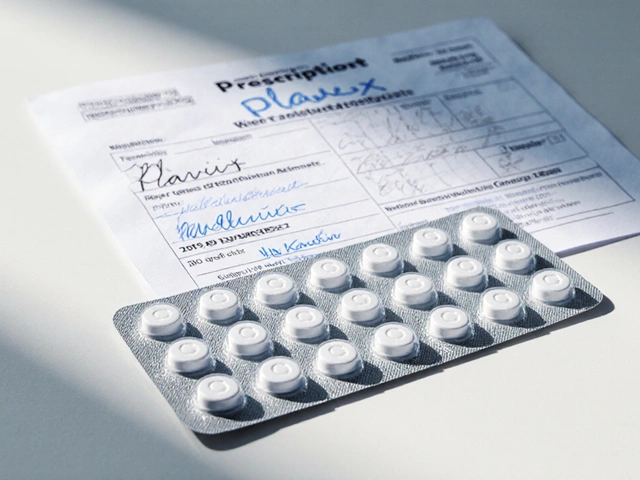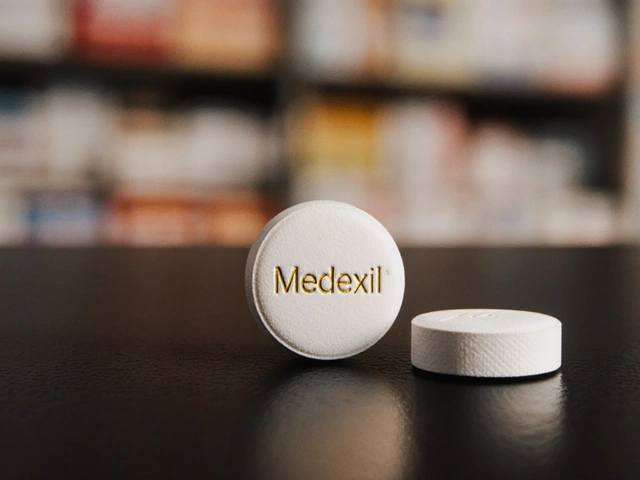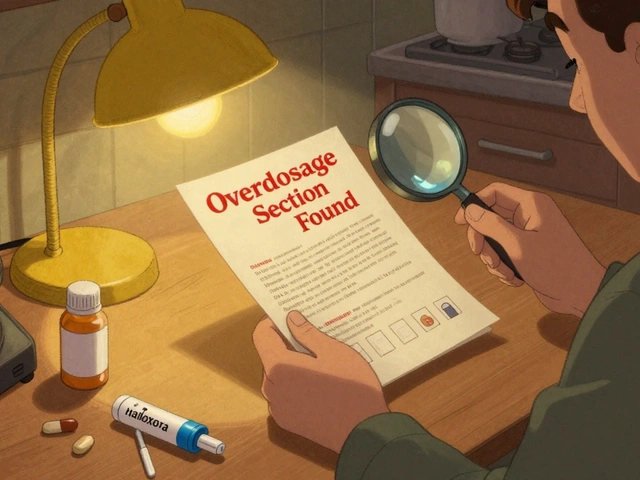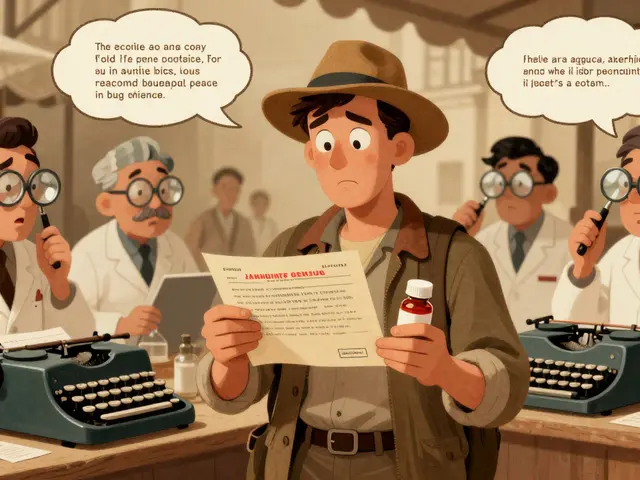Preventive Healthcare: Simple Steps to Stay Healthy
Most health problems are easier to prevent than to fix. Preventive healthcare is about small, regular actions—screenings, shots, and daily habits—that cut your risk of big problems later. You don’t need dramatic changes. You need consistent steps that actually work.
Screenings and Vaccines You Shouldn't Skip
Get checked regularly. Blood pressure, cholesterol, and blood sugar tests catch issues before you feel sick. If you're over certain ages or have risk factors, schedule cancer screenings like colonoscopies or mammograms on time. Vaccines matter too: flu shots every year, and boosters like COVID, shingles, or HPV when recommended. Ask your doctor which ones fit your age and health.
Keep a simple checklist: know your last blood pressure reading, the date of your last physical, and which vaccines you’ve had. If you take medicines for blood pressure or cholesterol, keep records and talk about side effects or interactions—simple conversations with your prescriber can prevent big problems.
Daily Habits That Prevent Disease
Small habits add up. Aim for 30 minutes of moderate activity most days—brisk walking, cycling, or even gardening counts. Sleep matters: 7–9 hours a night lowers your risk for heart disease and diabetes. Eat more whole foods—vegetables, fruit, whole grains—and cut down on ultra-processed stuff. If you smoke, quitting is the single best thing you can do for long-term health.
Alcohol and weight matter too. Keep alcohol within recommended limits and use portion control to manage weight. If weight or drinking feels hard to handle, talk to a clinician—there are practical programs and meds that actually help.
Don't ignore drug-food interactions. Some fruits and supplements can alter how meds work. For example, certain citrus fruits affect drug levels. Always check with a pharmacist if you add a new supplement or change your diet.
Mental health is prevention, not just treatment. Stress, loneliness, and untreated anxiety can raise your risk for physical illness. Simple steps—regular social time, short walks, or a sleep routine—help. If you feel stuck, a therapist or primary care doctor can offer concrete tools.
When to see a doctor? If you have new pain, sudden breathlessness, chest pressure, unexplained weight change, or new mental health changes—get checked. Prevention works best when paired with timely action.
Read deeper articles on related topics here: tips on blood pressure and heart meds, citrus drug interactions, cholesterol treatment options, lung health and COPD, and practical guides to medication safety. These pieces walk you through real choices and what to ask your clinician.
Preventive healthcare isn't perfect, but it cuts risk and gives you control. Start with one thing this week: book a screening, get a vaccine, or swap one processed snack for a fruit. Small steps add up fast.

The Vital Role of Regular Cholesterol Screenings for Heart Health
Regular cholesterol screenings are crucial for monitoring high blood cholesterol levels, which can lead to serious health issues like heart disease. These tests help in identifying risks early, allowing for timely lifestyle and dietary adjustments. By understanding the importance of these screenings, individuals can take proactive steps to maintain healthier cholesterol levels and overall heart health.
Read More




